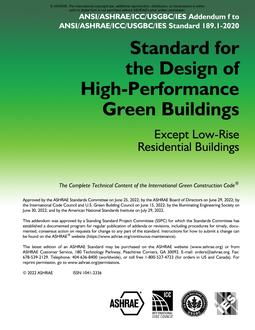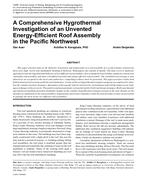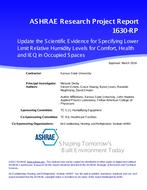Click here to purchase
One major problem in efficiently operating building HVAC systems is failing to appropriately understand and predict occupants’ optimum thermal comfort conditions. This often results in unnecessary energy consumption by HVAC systems while not satisfying the majority of building occupants. A primary source of the gap between building operation and occupant satisfaction is the lack of sufficient data derived from post-occupancy surveys or the limited use of appropriate survey methods and related thermal comfort scales. Recent studies have shown that the type of the scale (continuous or categorical) used when assessing occupants’ thermal comfort significantly affects the predicted thermal comfort conditions. The assumption of equidistance between the different thermal sensation markers (Warm, Slightly Warm, Neutral, etc.) on a categorical scale was investigated as part of this field study that focused on the cooling season. The study involved 302 students that were asked to express their thermal sensation votes about the thermal conditions in rooms they had just occupied based on a categorical (ASHRAE seven-point) scale and a continuous scale. Results revealed that occupants do not perceive the same distance between various thermal sensation markers or conditions, as specified in the categorical scale, when also expressing their thermal sensation votes using the continuous scale. Another problem that would potentially contribute to decreased building efficiency is how to interpret and utilize multi-dimensional thermal comfort assessment data from field studies in order to provide optimum thermal conditions. There can be differences in occupants’ thermal sensation compared to their thermal preference, thermal comfort sensation, or thermal comfort acceptability. The occupants’ mean thermal preference vote could be an alternative proxy to predict their optimum thermal comfort in buildings. Results from this field study revealed that for mean thermal preference vote between -0.5 and 0.5 (based on a five-point scale) thermal acceptability is above 80%.
Citation: 2019 Winter Conference, Atlanta, GA, Conference Papers
Product Details
- Published:
- 2019
- Number of Pages:
- 9
- File Size:
- 1 file , 1.2 MB
- Product Code(s):
- D-AT-19-C018


